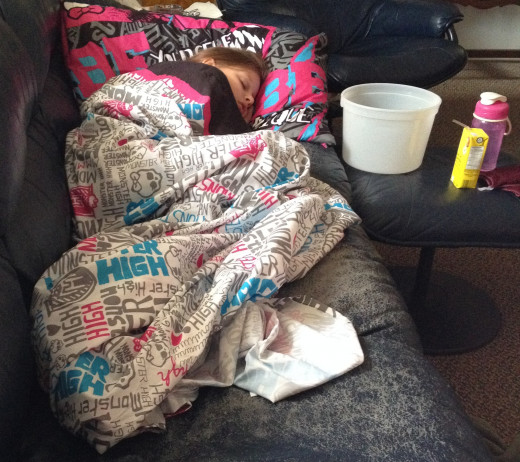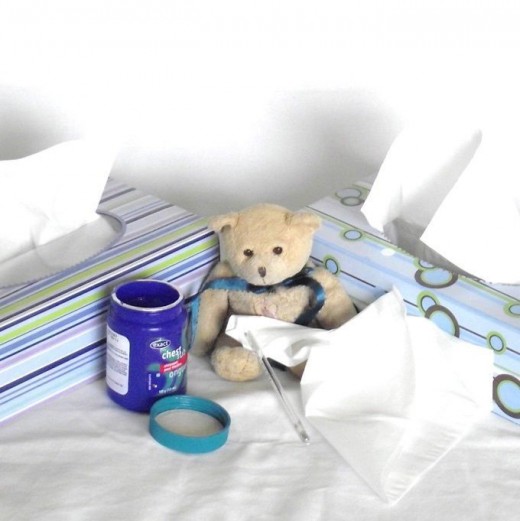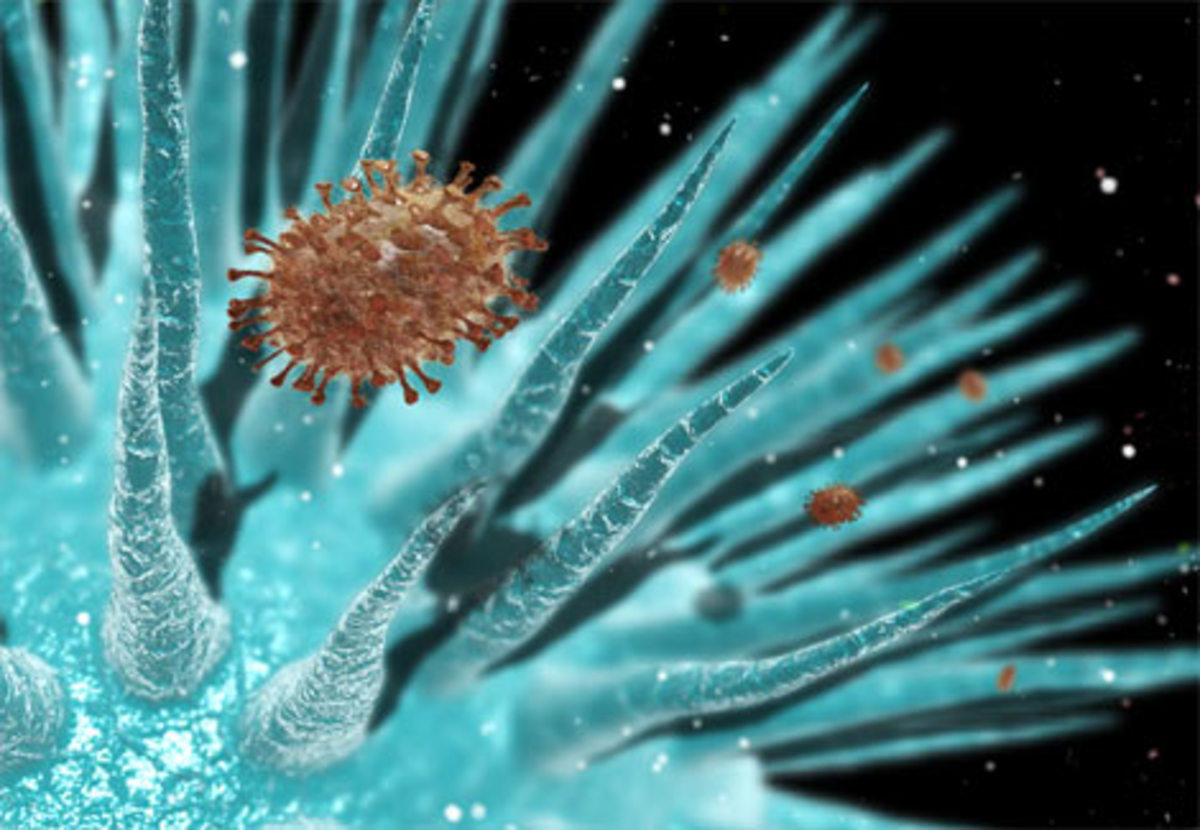Best Ways to Treat Flu Patients at Home

The H1N1 Flu Virus Hit With a Vengeance in 2009.
The H1N1 also known as the Swine flu struck with a vengeance in 2009. It brought with it a great deal of confusion because this flu tended to act in a much different manner than our traditional influenza A virus strains.
Where as the seasonal flu is generally most likely to be dangerous to seniors and those with compromised immune systems the H1N1 was seen to be affecting other wise healthy individuals of any age. It was most hazardous to pregnant women, people with lung issues, those with compromised immune systems, or those who are overweight.
A substantial portion of the Senior citizen population actually appeared to have some degree of immunity to this virus so were not contracting the illness when exposed to it. It is believed that a similar flu virus struck in the 1970's and gave these individuals the antibodies needed to protect them from the Swine flu outbreak.
The H1N1 hit people hard when it came first came arrived.
Have you had the Swine Flu virus yet?
Feeling sick really isn't very much fun

There are a few basic differences between the H1N1 flu virus and other flu bugs.
Symptoms of the H1N1 flu are runny or stuffy nose, fever, sore throat, cough, chills, headache, fatigue, and muscle aches and pains.
You may also have diarrhea or vomiting but these are rarer symptoms of the H1N1 influenza. The cough that accompanies the H1N1 is often a dry cough.
Unless complications occur then the H1N1 like most flu viruses is best treated at home. So be prepared for the possibility of the H1N1 also known as the Swine flu virus visiting your home. Know in advance the best ways to treat H1N1 patients at home.

Try to isolate the illness to one person.
Because the virus can spread to other household members it is very important to use preventative measures, to keep this from happening.
Insure that shared surface areas throughout the home are thoroughly cleaned using an antibacterial agent. Toilet flusher, sink taps, counter tops, telephones, doorknobs etc. should be wiped clean of any possible contamination by the virus.
Other household members should wash hands frequently and avoid touching their mouth, nose, and eyes unless necessary. These are the portals that the H1N1 virus will use to enter their body.
Wash bedsheets frequently using hot water. Rinse the patients toothbrush in salt water, or Listerine mouthwash to help kill germs on it, replace the old brush with a new one.
Get plenty of rest. Your body is busy using its energy to fight the flu.

Wash hands often and disinfect areas where germs may be spread.

Treatments to speed recovery from the flu.
Generally complications from the flu can increase the longer that one is ill with the virus so it is very important to try to run the bug through as quickly and as safely as is possible.
Insure that the patient drinks plenty of fluids. This will help flush the virus out of the body. Drinking hot honey lemon drinks will greatly help you recover quicker from the flu.
The steam from a hot drink will help open clogged nasal passages. Lemon is a diuretic and will help increase the speed at which fluids move through the body, and honey has antibacterial properties, so it will help to kill the germs and bacteria involved with the illness.
Have the patient gargle warm salt water three to five times per day. Salt water will help to heal the throat area and to kill germs that may be attempting to thrive there. Salt water can also be sniffed from a cupped hand to help kill bacteria which may be in the sinus passages.
A humidifier, or hot shower, can help to offer some relief from the sinus congestion. If you do not have a humidifier simply place jars of water throughout the home as these will naturally evaporate into the air around them.
Keep your room temperature a little lower than you would normally have it set as this will help the patient to breath a little easier. Allow fresh air into the room if at all possible.
Provide antioxidant rich juices such as pomegranate, or blueberry, to the patient. This will help to give them the strength needed to fight the illness.

Potential complications of the swine flu virus.
If the patient is pregnant, overweight, or has a compromised immune system then contact your local health professional immediately to discuss treatment options.
These are individuals who are most likely to experience complications from this flu.
Tamiflu is an antiviral drug which in some cases can be an effective form of treatment. However, this drug is usually most effective when taken in the first two days of the initial symptoms appearing, so it is vital to communicate with your doctor as early as possible.
Contact your doctor immediately if the patient displays signs of: Bloody mucous, abdominal pain, shortness of breath or other difficulties breathing, chest pain, severe vomiting or diarrhea.
The reason that the H1N1 virus is considered a greater threat than other seasonal flu bugs, is the fact that there are very few of us with antibodies to this illness, so we have very few natural defenses against it. This means that larger numbers of the population will contract this illness when exposed to it.
© 2014 JoleneBelmain








